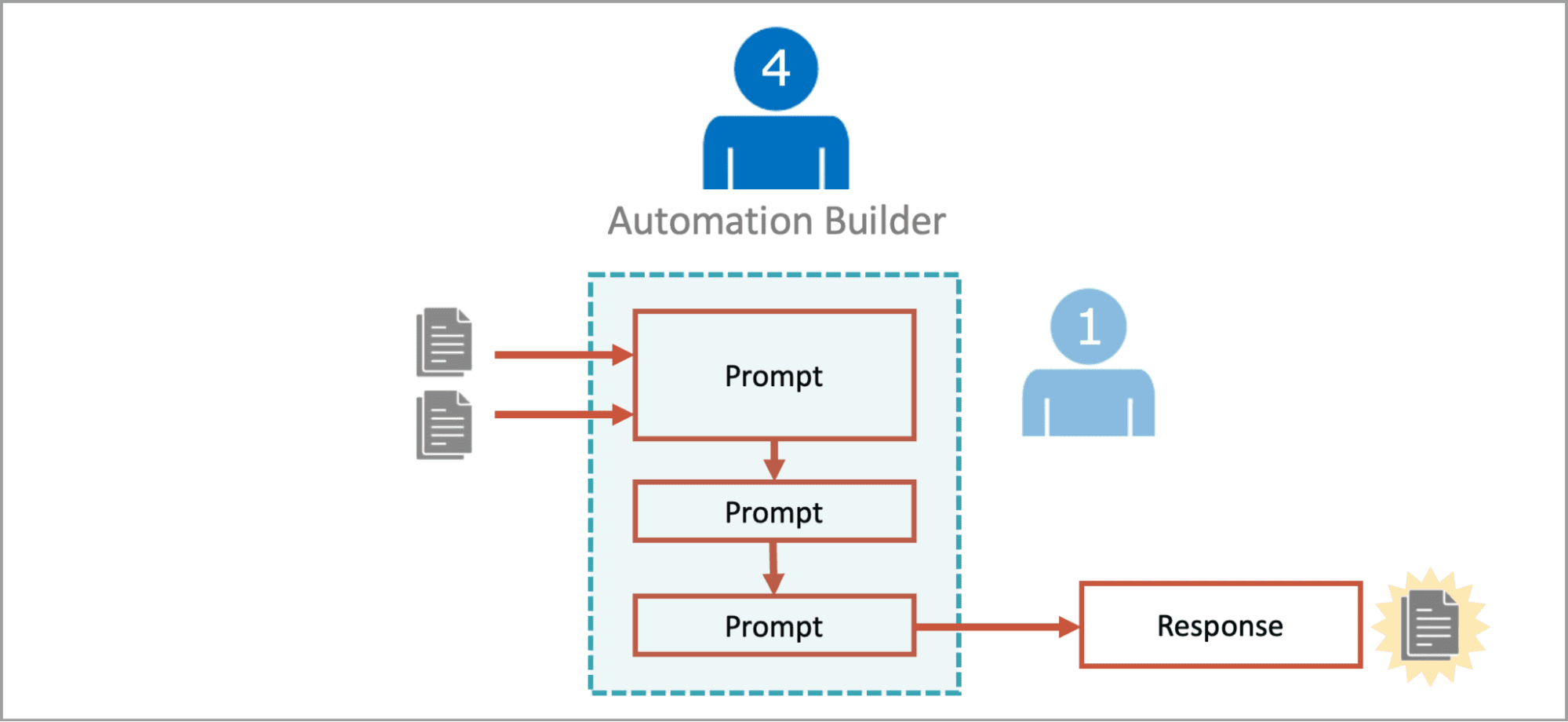should I remove DEI work from my resume?
Two questions, same topic. The first one: I’m on the job hunt, and I have some DEI-focused experience on my resume. I’ve received give rejections from the ~15 jobs I’ve applied for (at least they responded instead of ghosting me!) and I’m wondering if the DEI work is getting flagged. I revamped my team’s interview […] The post should I remove DEI work from my resume? appeared first on Ask a Manager.

Two questions, same topic. The first one:
I’m on the job hunt, and I have some DEI-focused experience on my resume. I’ve received give rejections from the ~15 jobs I’ve applied for (at least they responded instead of ghosting me!) and I’m wondering if the DEI work is getting flagged.
I revamped my team’s interview process to be more equitable and reduce bias, I joined the company’s DEI group when it started in 2020, and I have volunteer experience with a DEI group outside of work. It’s not my entire resume, but it’s enough bullet points and buzzwords to show that I have opinions.
In today’s anti-DEI world, should I remove this from my resume? Probably worth noting, I’m a woman in tech.
And the second:
I work for a nonprofit that does not take government grants. I previously served a two-year set term on the company’s IDE Council, which was later renamed DEI Council, and has now been named Voices and Values Council due to wanting to stay under the radar of the current administration.
I am proud of the work I did when I served and have my time on that council listed on my resume and LinkedIn profile. Would you recommend that I change how I reference it to the new non-DEI name (on my resume and/or LinkedIn)? Would leaving the explicit DEI reference help me weed out potential employers that would be turned off by that and align with those who still value it, or would leaving it be seen as out of touch with the current environment and lessen my chances of an interview?
Yes, keeping the explicit references to the work will indeed help you weed out employers who are turned off by advocacy of diversity, equity, and inclusion. Companies that do support the work are unlikely to see you as out-of-touch for including it.
More broadly, though, I’d decide based on three factors:
1. First and foremost, how important it is to you to screen out companies that have a problem with it. If you’re in a position where you don’t care if you’re screened out by those companies — and especially if that’s an outcome you’d see as desirable — keep it on! In that case, you can stop reading here. Otherwise, though, you could also consider…
2. The company you’re applying for. Do they seem committed to equity and inclusion work? Do they currently talk about it on their website, under any name? Have you seen recent statements from them about it? This could be a different answer for different companies, so you could have two versions of your resume (just like you also might have multiple versions to tailor your application in other ways).
3. How much the work contributes to your resume. If you have significant accomplishments from DEI work, you should generally leave those on, especially if you can talk in concrete terms about how they helped your company get better results in its work. On the other hand, if the line on your resume isn’t much more than just being a member of a working group, it might not be adding enough to keep it (and that could have been true in the last administration as well).
If you do keep it and the organization has renamed the work (as in the Voices and Values Council example), use the new name. It won’t hurt to switch it, and it could help.
For letter #1, I would not assume that five rejections indicate the DEI work is an issue; it’s just a hard job market right now. That said, you can always try taking it off your resume temporarily and see if it changes your results; that’s always a reasonable course when you’re not sure if something in your materials is holding you back.
We won’t be in this place forever, though.
The post should I remove DEI work from my resume? appeared first on Ask a Manager.




























































































































































